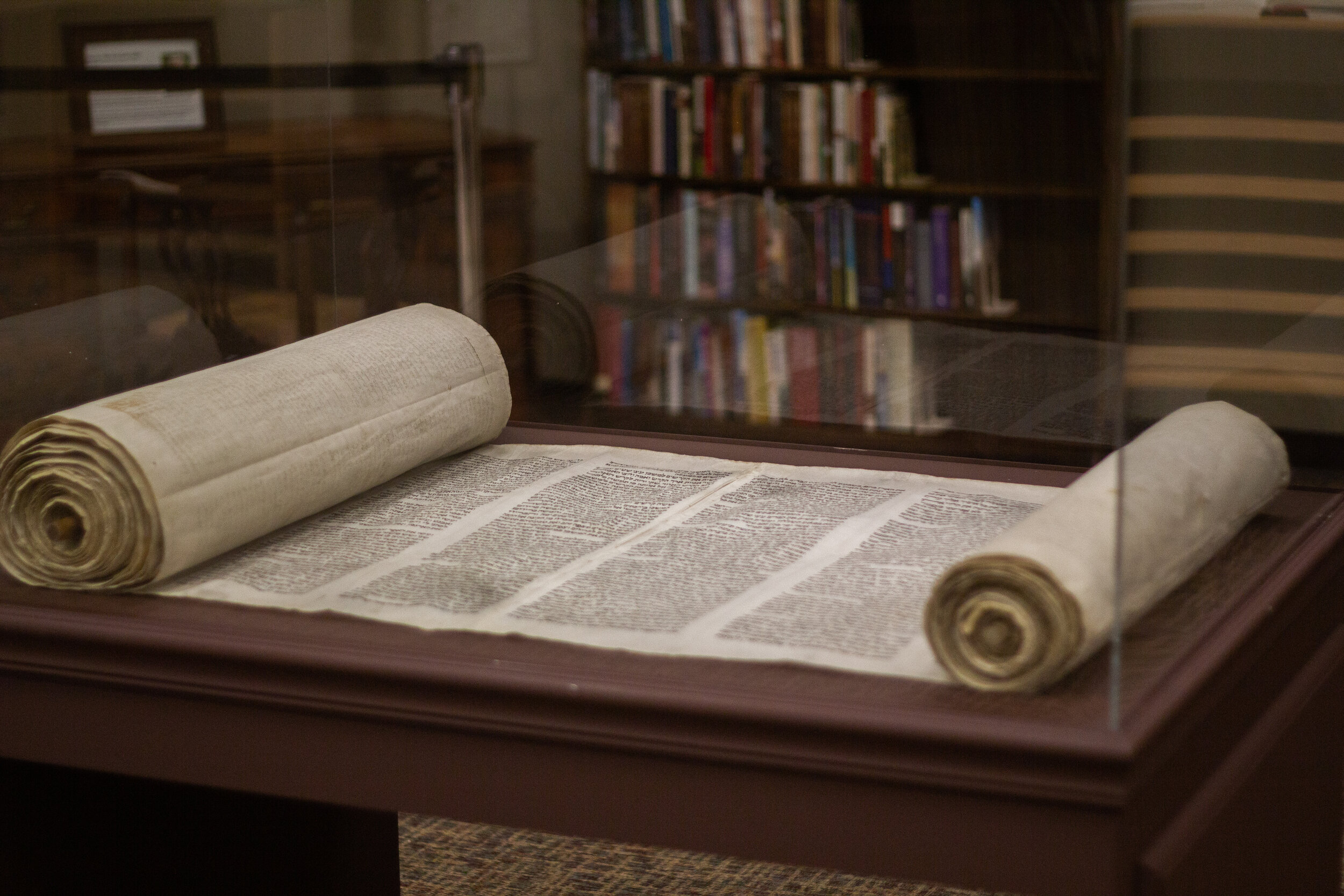JESUS AS HISTORY
WAS JESUS A HISTORICAL PERSON OR JUST A LITERARY FIGURE?
Key Facts
The Bible contains narrative/historical literature describing Jesus as a historical person. [1]
The belief that Jesus never existed has gained momentum in recent years. Dr. Raphael Lataster, an author and professor at the University of Sydney, states, “There are clearly good reasons to doubt Jesus’ historical existence – if not to think it outright improbable.”[2]
Scholars such as Gary Habermas claim at least 5 non-biblical sources argue not only for the existence of Jesus, but also for his crucifixion.[3]
Key Scriptures
1 Timothy 2:5 “For there is one God and one mediator between God and mankind, the man Christ Jesus.”
John 8:39-40 “‘If you were Abraham’s children,’ said Jesus, ‘then you would do what Abraham did. As it is, you are looking for a way to kill me, a man who has told you the truth that I heard from God. Abraham did not do such things.’”
John 1:14 “And the Word became flesh and dwelt among us, and we have seen his glory, glory as of the only Son from the Father, full of grace and truth.”
1 John 1:1-4 That which was from the beginning, which we have heard, which we have seen with our eyes, which we looked upon and have touched with our hands, concerning the word of life—the life was made manifest, and we have seen it, and testify to it and proclaim to you the eternal life, which was with the Father and was made manifest to us—that which we have seen and heard we proclaim also to you, so that you too may have fellowship with us; and indeed our fellowship is with the Father and with his Son Jesus Christ. And we are writing these things so that our joy may be complete.
Luke 1:1-4 Inasmuch as many have undertaken to compile a narrative of the things that have been accomplished among us, just as those who from the beginning were eyewitnesses and ministers of the word have delivered them to us, it seemed good to me also, having followed all things closely for some time past, to write an orderly account for you, most excellent Theophilus, that you may have certainty concerning the things you have been taught.
Want to Know More?
Ancient Evidence for the Life of Jesus by Gary Habermas and Gilbert R. Lavoie
Top 5 Non Christian Sources Attesting to The Historical Jesus
Application
Increasingly, in recent years, skeptics have begun to question Jesus’s existence. The first step for Christians when addressing the historicity of Jesus is to look at what the Bible says.
Was Jesus Fully Human According to the Bible?
The Bible is the most well-recorded and well-preserved history of Jesus’s life. Therefore, the claims it makes about Jesus’s life are of utmost importance. We must study the claims that the Bible makes in order to prove or disprove its accuracy.
The Bible does claim that Jesus was fully human and existed in history. 1 Timothy 2:5 is one of the clearest indications that Jesus Christ was a human man: “For there is one God and one mediator between God and mankind, the man Christ Jesus.” Some may ask while reading 1 Timothy 2:5, “Does this really mean a physical man?” John 1:14 answers this question by stating that the Word (Jesus) became flesh and dwelt among us. In 1 John 1:1-4, John uses even more explicit language, saying that the disciples saw Jesus with their eyes, and touched him with their hands. This undoubtedly demonstrates that the disciples interacted with a physical human being. The implications of this are clear: the biblical authors intended to show the full humanity of Jesus.
Is There Non-Biblical Evidence for the Life of Jesus?
Jesus was historical according to the Scriptures, but is there any evidence outside the Bible which can corroborate the historicity of Jesus? The short answer is yes. Multiple non-Christian sources refer to the life and death of Jesus and support the biblical accounts. Ancient historians such as Josephus, Tacitus, Lucian, Suetonius, Pliny the Younger, and Mara Bar-Serapion all attest to the historicity of Jesus. Tacitus and Josephus record specific events in the life of Jesus including His crucifixion by Pontius Pilate. The Talmud (an ancient body of Jewish literature) also makes historical claims about the sorcery accusations and death of Jesus. This corroborates not only to the historical existence of Jesus, but also the fact that He had performed miraculous signs that were perceived to be sorcery. These references to the life of Jesus and His miraculous signs supports the general acceptance of the historicity of Jesus throughout the ancient world. These sources from early antiquity are all non-Christian and did not have motivation to prove the existence of Jesus when recording these events. Considering the number and types of sources, the life and death of Jesus is one of the best recorded historical events of antiquity.
Still, some may ask for archaeological evidence beyond written evidence to corroborate the existence of Jesus. While there are written histories of Jesus, there are no physical artifacts specifically revealing the truth of Jesus’s life (such as items which belonged to him). However, because of Jesus’s status and point in history, we should not expect that there would be such artifacts. Atheist historian Bart Erhman states, “The reality is that we don’t have archaeological records for virtually anyone who lived in Jesus’s time and place.” There are, however, corroborating pieces of evidence, namely the narratives of the life of Jesus. Archaeology has uncovered a plethora of artifacts relating to those who knew Jesus and information that aligns with the New Testament record, giving added credibility to the gospel accounts. Therefore, the biblical and extra-biblical evidence work together to show the validity of claims regarding the historicity and life of Jesus.
Conclusion
Given the data that is available, we can show that there are great reasons to believe Jesus existed as a historical figure. Both the Bible and the external sources attest to the historicity of Jesus as well as His miracles and more. When one compares the typical historical evidence for a person from Jesus’ time period, it becomes clear just how good the evidence supporting the life and death of Jesus really is.
[1] https://e360bible.org/how-to-study-the-bible/biblical-genres/
[2] https://www.washingtonpost.com/posteverything/wp/2014/12/18/did-historical-jesus-exist-the-traditional-evidence-doesnt-hold-up/
[3] The Case for the Resurrection of Jesus by Gary R. Habermas



